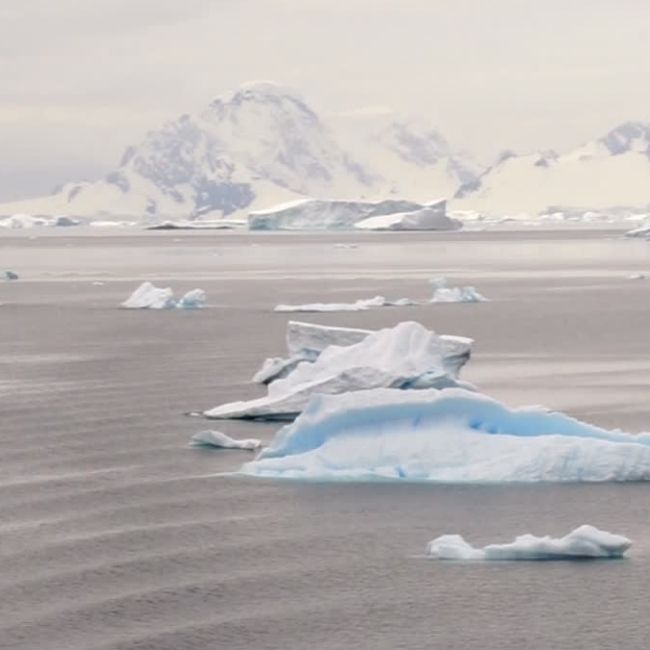
North and South poles experience a heat wave in unison!
Recommended for Preparatory Grades
In the week of 14 March, temperatures in Antarctica and the Arctic rose by 70 and 50 degrees Fahrenheit, respectively.
Atmospheric rivers brought moisture and warm air from the equator to the poles, despite the fact that they are in opposing seasons.
North and South poles experience a heatwave in unison!
A parallel heatwave in the Arctic and Antarctic is puzzling the scientists. In certain parts of Antarctica, the temperature has risen more than 40 Celcius. This is warmer than usual. Also, temperatures rose more than 30 Celcius in some parts of the Arctic. For example, on March 19, the Concordia weather station in Antarctica was at -12.2 Celcius, which is about 40 Celcius above average, as per experts.
What’s causing this synchronous heatwave?
Experts have ruled out climate change as the cause for now. But they feel, if this happened again, it would be a big deal and could be a sign of climate change, but they didn’t say how. As of Tuesday, the Antarctic heatwave was coming to an end, but the temperature was still about 50 degrees above normal, as per the lead scientists.
Let’s look at the historical perspective!
The Intergovernmental Panel on Climate Change (IPCC) has said that the polar regions are getting more and more affected by climate change, with less sea ice.
As per experts, climate change seems to be one of the contributing factors towards global warming around the world.
Some climatologists think the Earth’s surface temperature will rise 1.5C and it could happen in a few years, at most. The majority of the countries around the world wish to keep global warming from rising more than 1.5 degrees Celcius. This is the goal of the 2015 Paris Climate Agreement, which set a very high goal.
Next, the IPCC is set to report its next findings in the month of April. As per scientists, most of them will be about how to stop or slow down climate change.
What do our readers think about this event? Do put your thoughts in the comments section. We love to hear from you.
Do check out this short Twitter clip from IPCC that shares the focus areas of its next climate change report.
How can we limit #globalwarming?
— IPCC (@IPCC_CH) March 22, 2022
The next #IPCC #ClimateReport scheduled for release on 4 April provides us with options and solutions for reducing greenhouse gas emissions.
The next report is the third part of IPCC’s Sixth Assessment Report. Read thread to find out more. pic.twitter.com/z8OmmyLuKd
Curious Times is a place where we’re passionate about what we do. Consequently, we work hard every day to give our young readers the greatest possible experience and information. We also use Curious Times Weekly, The Curious Magazine, and My Expressions to communicate with our audience. As a result, our content is exciting and interesting for our readers.
Schoolchildren from all around the world appreciate and enjoy our materials. So, we’re always looking for ways to improve, and are curious to hear from you. This, above all, assists us in providing better service to you.
Thus, what sort of news stories capture your interest? In the comments section below? Please share your thoughts! For the simple reason that we enjoy hearing from our young readers. The following social media platforms allow you to communicate with us: WhatsApp, Instagram, Facebook, Youtube, Twitter, LinkedIn.
0 (Please login to give a Curious Clap to your friend.)
